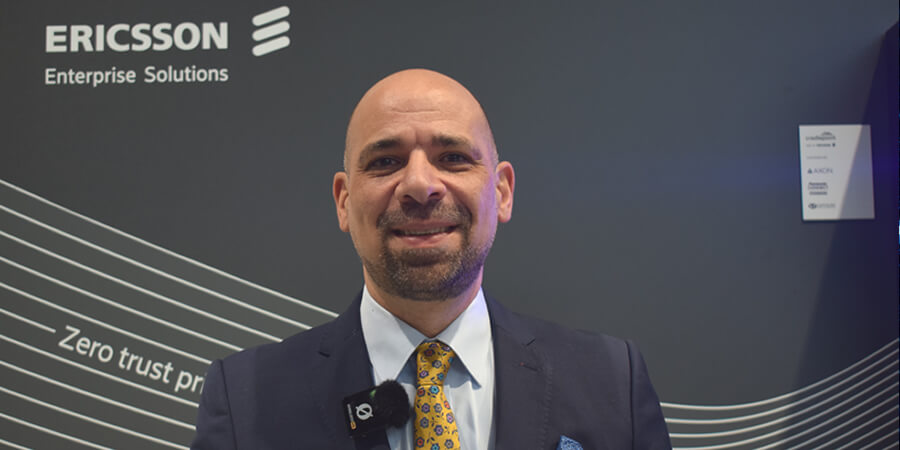In an exclusive interview with Telecom Review during MWC 2024, Hossam Kandeel, Vice President and Head of Ericsson Global Customer Unit MTN, discussed the status of 5G subscriptions in Africa and how Ericsson assesses the current state of Africa's telecom network capabilities. He provided insights into how Fixed Wireless Access (FWA) addresses the growing broadband needs in Africa and shared Ericsson's goals and plans for the region in the current year.
What is the status of 5G subscriptions in Africa? How is Ericsson contributing to its rapid growth?
5G has been gaining significant traction in Africa. We have successfully expanded its reach to numerous countries, witnessing a notable surge in subscription uptake. This trend has played an important role in enhancing revenues, with an impressive increase of 15 to 20% per subscriber in regions where 5G services are utilized.
The potential for 5G in Africa is immense, and we anticipate a positive trajectory in the coming years. The outlook for the Middle East and Africa is particularly promising, with 5G projected to be the fastest-growing technology, boasting an anticipated growth rate of up to 60%.
Considering Ericsson is a key partner for local telcos, how would you assess the current state of Africa’s telecom network capabilities? What improvements should be considered?
For network service providers in Africa, we are experiencing significant advancements in the capabilities offered to subscribers across many countries. The new Ericsson equipment has demonstrated outstanding performance, leading to up to 30% energy consumption savings in network operations. Additionally, our entire network infrastructure supports 5G and incorporates the latest technological advancements.
From a services standpoint, we are integrating our equipment with cutting-edge artificial intelligence capabilities and services. This strategic approach aims to enhance customer satisfaction, expedite issue resolution, optimize power management, and simplify network complexity by infusing intelligence into our provider networks. These improvements ultimately translate to better performance and increased availability of mobile network services for subscribers in the countries we operate in.
How does Fixed Wireless Access (FWA) meet Africa's growing broadband needs?
Fixed wireless access is a critical technological advancement that facilitates high-capacity network access from homes to enterprises. This technology becomes particularly important in areas where access to fiber infrastructures or more established networks may be limited. It also provides access to high-performance services such as 5G and advanced 4G, enabling significantly higher throughputs and lower latency capabilities.
We are observing a notable uptake in the implementation of fixed wireless access, especially in the context of 5G services. This trend is gaining traction in business cases for operators in Africa, proving to be beneficial for those aiming to increase phone penetration and mobile network services, particularly for small businesses. The versatility of fixed wireless access is crucial in bridging connectivity gaps and providing efficient solutions in regions where traditional infrastructure may be challenging to deploy.
What are Ericsson’s goals and plans within Africa this year?
Ericsson is deeply invested in Africa across various dimensions. We focus on technological advancements and collaborate closely with regulators to shape the industry's future, ensuring the availability of proper spectrum capabilities.
Another dimension of our commitment involves enhancing the capabilities of university graduates and institutions. We prioritize knowledge transfer and employment opportunities, emphasizing the importance of education and skills development.
Sustainability holds a special place in our mission. We take responsibility for our global impact by implementing proper recycling projects for network and infrastructure equipment that is retired from service. Additionally, we actively work to reduce our carbon footprint, synchronizing efforts to lower energy consumption effectively.
Our engagement with operators in Africa, institutions, and the broader community aligns closely with our values. We strive for a positive impact on the society, the people, and the environment in Africa. This holistic approach plays a critical role in fostering economic growth, enabling personal and business development, and extending financial access to previously unbanked populations.







